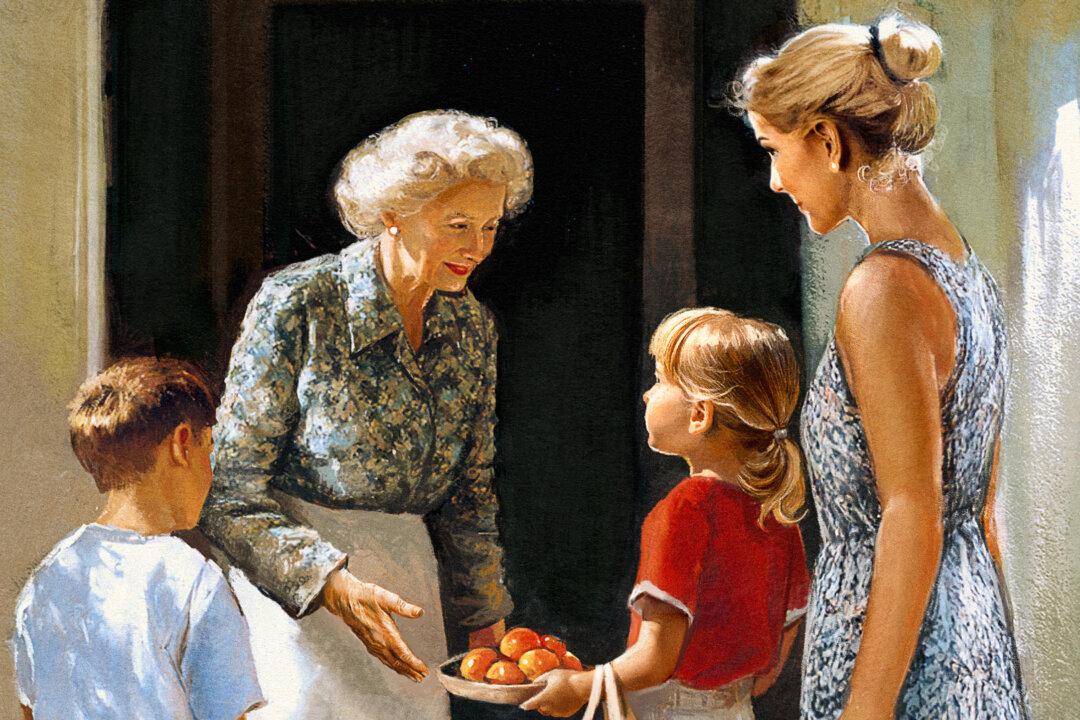Studies have shown that practicing gratitude makes for a better life. Positive emotions, better health, greater resilience, and stronger relationships all flow from practicing gratitude, according to Harvard Health Publishing. A grateful person and an ungrateful person might possess all of the same things on paper—a nice house, a happy family, good health—but grateful people are far more aware of all the good things they have, and as a result, they’re able to actually enjoy life and its blessings to a greater degree.
Moreover, gratitude has been recognized as one of the greatest virtues since ancient times, when Cicero wrote: “I wish to be adorned with every virtue, yet there is nothing which I can esteem more highly than the being and appearing grateful. For this one virtue is not only the greatest, but is also the parent of all the other virtues.”






